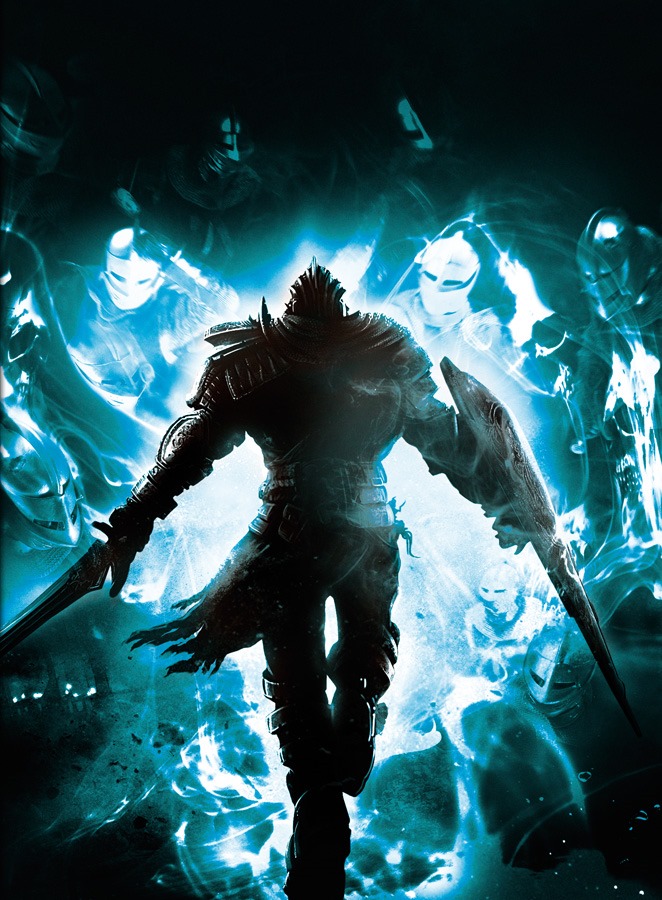Dark Souls is the Crash Bandicoot N. Sane Trilogy of third-person action games. Mostly known for its punishing difficulty and tagline “prepare to die,” Darks Souls was released by FromSoft on September 22, 2011, for the Xbox but has since been ported to PC and every major console.
Possibly the most well-known aspect of Dark Souls is its combat system, which places equal focus on defense and offense. It requires the player to employ careful positioning and timing to overcome vastly superior enemies. At its core, you press the dodge button at the right time to not get hit, but the subtleties are what push the game to the zen experience it can be at its best. You can’t cancel a roll into an attack, but you can cancel an attack into a roll. This pushes a less experienced player to constantly be on the defensive.
You can turn this around only by learning the enemies and appropriate moments to attack. This unspoken push and pull between the player and each new enemy and boss creates a natural loop of feeling powerless against each adversary until you slowly get to grips with their patterns, whether to respond to each attack with a dodge, block, parry, or backpedal, and which times and places leave you safe to get a few hits in. Because of the learning curve of each enemy, victory will never come easily, but it will almost always come eventually, making the game surprisingly accessible despite its reputation.

Even leaving aside the second to second gameplay, the other most talked about feature of Dark Souls is its level design which serves two major purposes. The first is that the process of methodically combing each corner of the level for goodies synergizes with the process of learning that area’s enemies, so you always feel like you’re progressing even if you’re not doing well at one of the two. Second is that the level design makes almost every single encounter unique, even with the same enemies, allowing you to put your practice against those enemies to use in different scenarios.
However, one factor where this game falls short and where its descendants would succeed is in weapon variety. There are very few unique movesets and most weapons only carry slight differences in range, speed, and damage which don’t change how you approach fights. The exceptions to this rule are almost exclusively novelty weapons (claws, caestus, whips, the mail breaker, etc.) which are impractical for actually beating the game in the hands of a player of average skill.
Probably the worst factor working against Dark Souls is its success. FromSoft and other companies have made games deliberately taking influence from Dark Souls, and arguably doing everything it does better. In 2019, Dark Souls now has to compete with both games it inspired and its sequels, making buying the original over its successors questionable. The fact remains that if you play any action games that aren’t shooters and have not played Dark Souls or its derivatives, you’re missing out on a candidate for one of the best games this decade.
I give Dark Souls
Like it/Love It/Gotta Have It
but only on the condition that you’ve never played one of the many games it inspired. If you have, this drops to a Love It recommendation.
Stay tuned to The Roundup for more game reviews!






